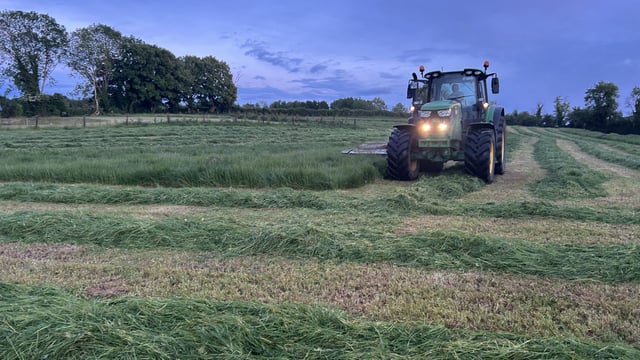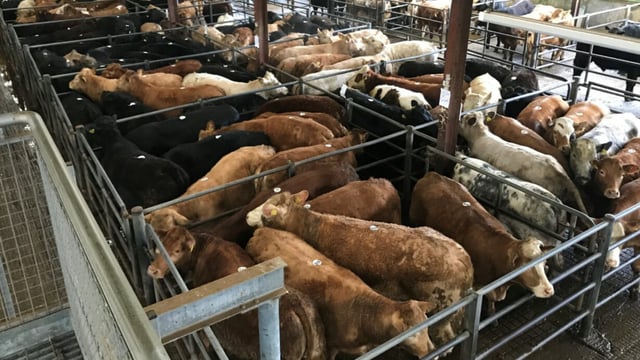Minister: 'Committed' to addressing challenges facing Lady's Island Lake
Minister for Agriculture, Food and the Marine, Martin Heydon has stated that his department is "committed" to dealing with the pollution challenges affecting Lady's Island Lake in Co. Wexford.
His statement comes in response to a parliamentary question raised by Green Party leader, Roderic O'Gorman, who asked the minister what "steps his department is taking to deal with the pollution in Lady's Island Lake".
Deputy O'Gorman's question follows a recent meeting of the Oireachtas Joint Committee on Climate, Environment and Energy, held to discuss the findings of the Environmental Protection Agency's (EPA) report, Coastal Lagoons: Ecology and Restoration (CLEAR).
The report highlighted the pollution affecting Lady's Island Lake in Co. Wexford, a priority habitat under Annex I of the Habitats Directive.
In his response to Deputy O'Gorman's question, Minister Heydon said: "My department is committed to fully engaging with the local authority, all state agencies and the Department of Housing, Local Government and Heritage as we seek to address the challenges facing Lady's Island Lake.
"The Nitrates Directive has the objective of reducing and preventing water pollution caused by nitrates from agricultural sources.
"It is implemented in Ireland through our Nitrates Action Programme (NAP) and the Good Agricultural Practice for the Protection of Waters (GAP) Regulations (SI 113 of 2022, as amended)."
Nitrates challenge
Minister Heydon highlighted that "enhanced (nitrate) measures" had been introduced since 2022, and this included actions such as:
- 10% reduction in chemical nitrogen allowances for grassland;
- Introduction of dairy banding;
- Increased requirements for soiled water storage;
- Soil testing requirements for arable land.
He said: "My department has also introduced the National Fertiliser Database which now provides full recording of all chemical fertilisers from point of import through to end-user.
"In terms of compliance, the EPA (Environmental Protection Agency) are leading the new National Agricultural Inspection Programme which aims to have local authorities complete 4,500 targeted inspections regarding farmer compliance with the GAP Regulations this year.
"In addition to the NAP, a number of EU and nationally funded schemes benefit water quality by incentivising farmers to go above and beyond minimum regulatory requirements."
These schemes include:
- Agri-Climate Rural Environment Scheme (ACRES);
- Targeted Agriculture Modernisation Schemes (TAMS);
- Multi-Species Sward Measure;
- Red Clover Silage Measure;
- Farming for Water European Innovation Partnership (EIP).











